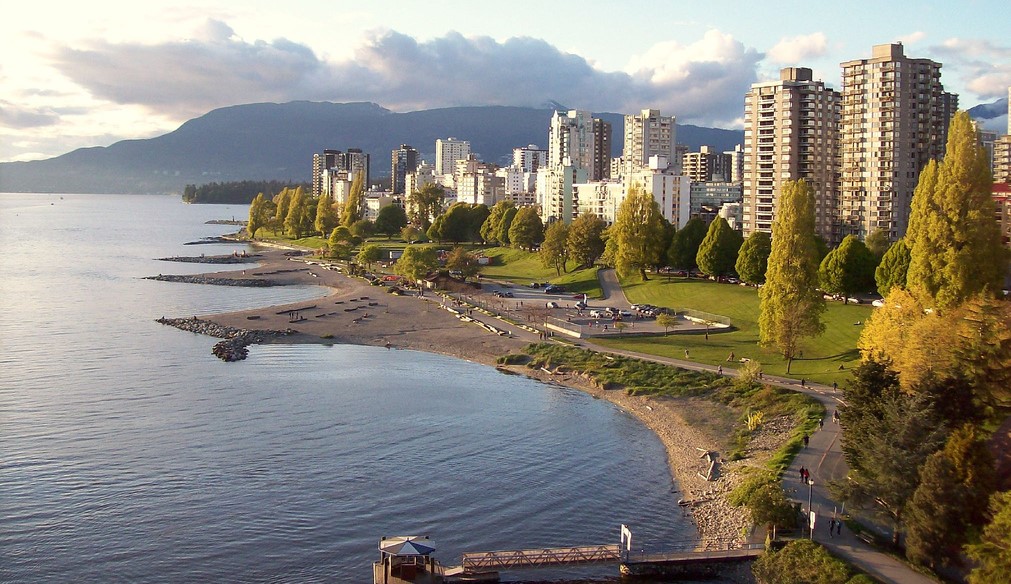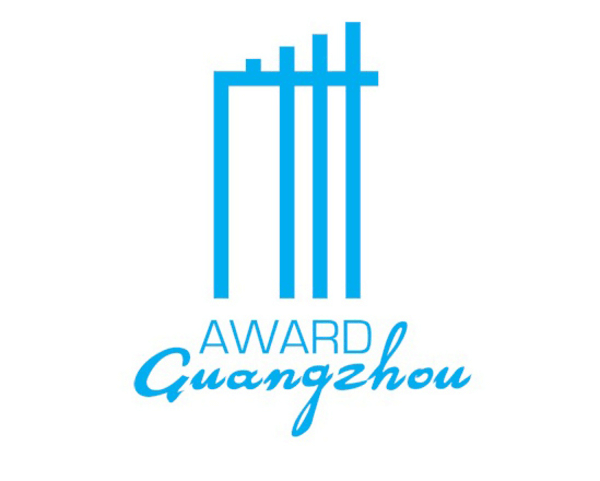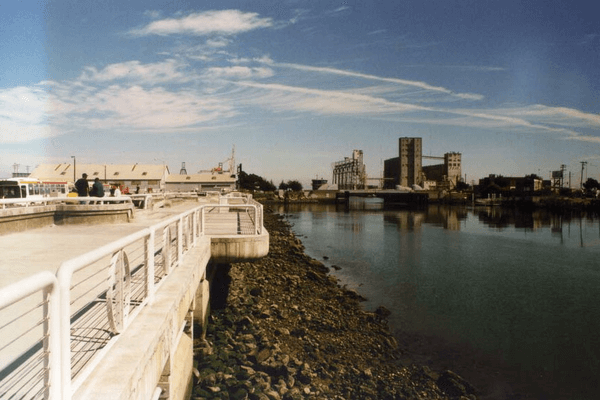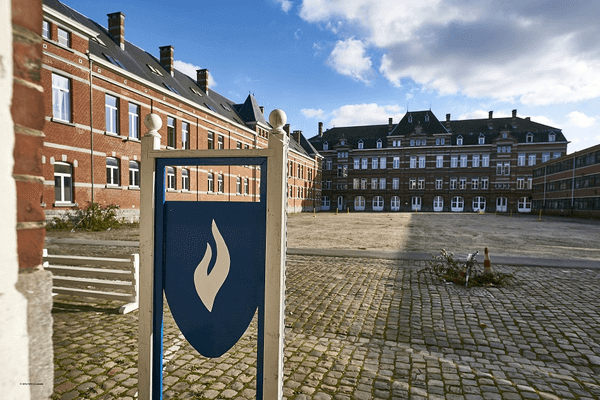City
Vancouver
Main actors
City Government, Private Sector, Community / Citizen Group
Project area
Metropolitan Area
Duration
Ongoing since 2009
The City of Vancouver has been awarded the 2012 Guangzhou Award for Urban Innovation in recognition of its Greenest City and housing affordability initiatives.
Known for its commitment to sustainability, Vancouver pursues an integrated approach to social, economic and environmental development, using innovative financial mechanisms and urban design. While the city’s vision is to become the "Greenest City", it is aware that it cannot leave anybody behind and engages in an affordable housing policy and strategy.
The City of Vancouver launched its Greenest City Initiative in February 2009 involving all levels of city government, citizens and business in a variety of initiatives, forums and outreach programs. Substantive green requirements for new buildings, increasing the diversity of housing, and evolving a flexible planning process, are just a few of the initial steps set to ensure that Vancouver becomes a greener city by 2020. The “Greenest City 2020” initiative provides an inspirational vision and ambition with a practical focus, and strong commitment to citizen and business engagement for its population of 603,000. It builds on the city’s long track record in sustainability, but orienting its policies and practical solutions to serve future generations. It has three framework themes – Zero Carbon, Zero Waste, and Healthy Eco-systems.
In 2011, the City also launched the Mayor’s Task Force on Housing Affordability. The Mayor’s Task Force role is “to examine conditions that exist in Vancouver which may act as barriers to the creation of affordable housing and the steps necessary to protect existing affordable housing, and to identify opportunities for increasing affordable housing.”
For more information about Vancouver's supportive housing projects, see: http://policytransfer.metropolis.org/case-studies/new-supportive-housing-projects
Guangzhou Award
This project was awarded the 'Guangzhou Award' in 2012.
External links / documents
On Map
The Map will be displayed after accepting cookie policy





